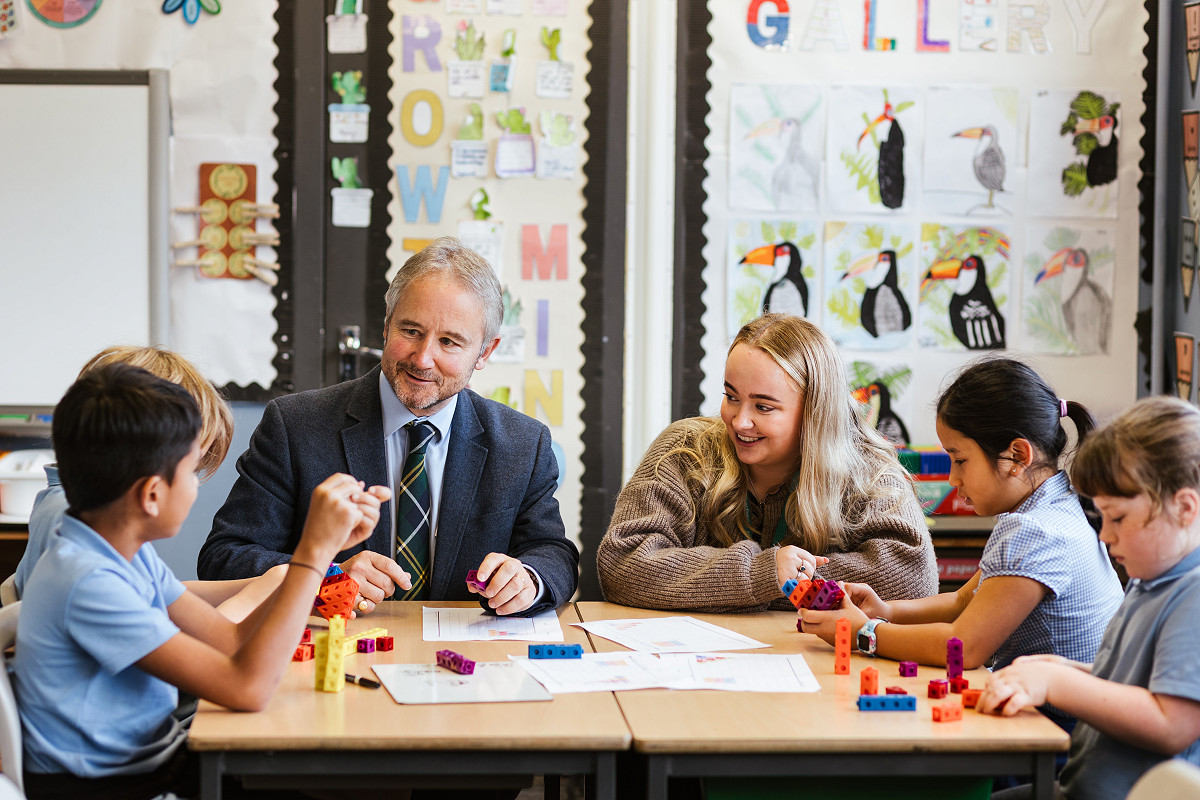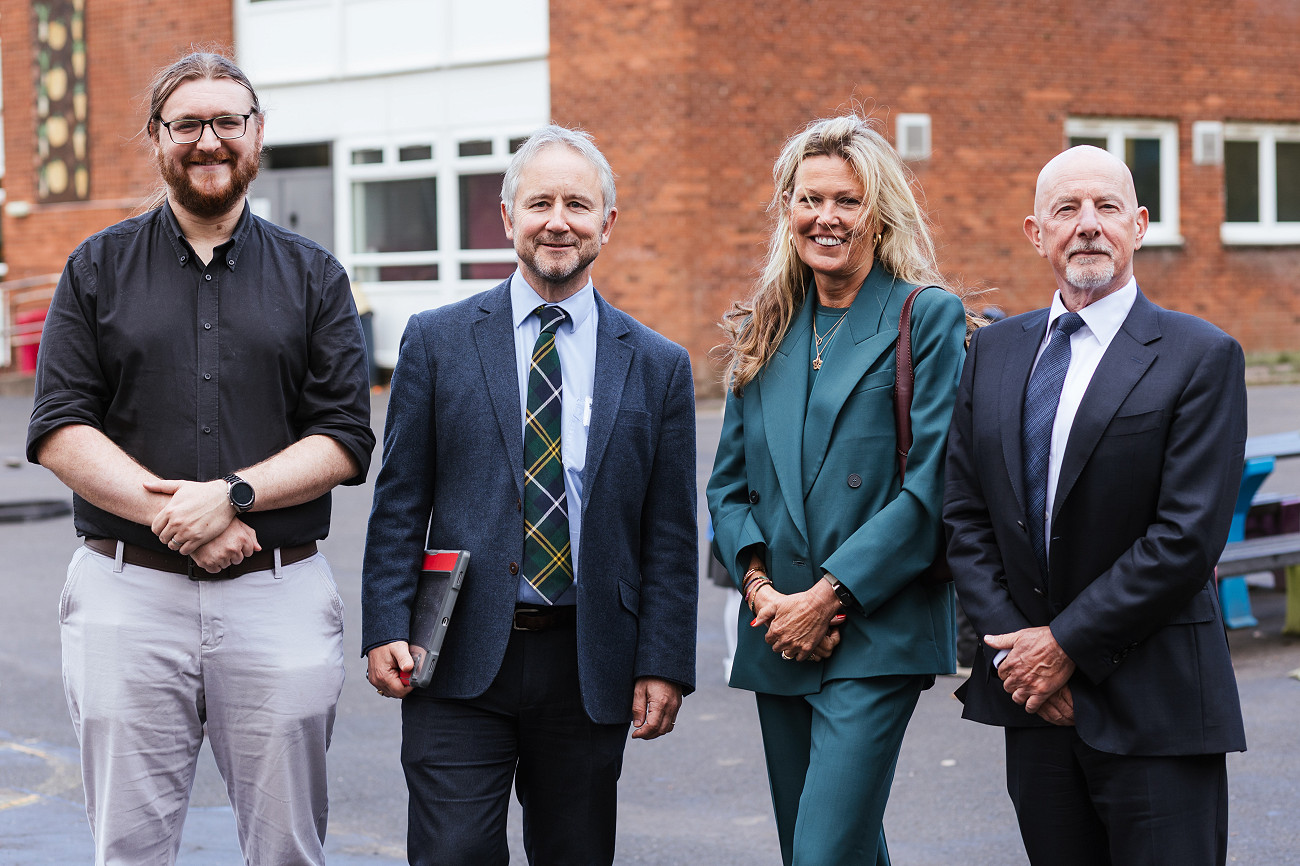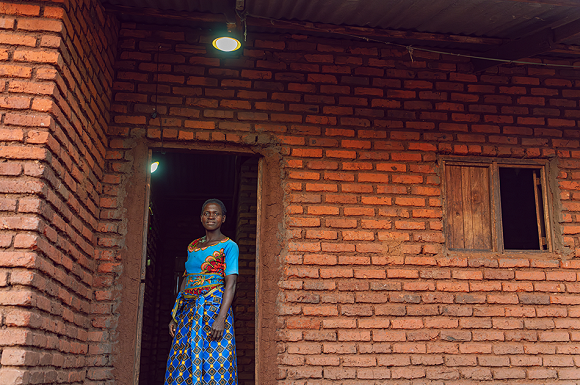17/09/2025
University of Glasgow launches Turner Kirk Centre for Spatial Reasoning to boost maths performance in children across Scotland

The Turner Kirk Centre for Spatial Reasoning has been launched by the University of Glasgow with the announcement of a large-scale research pilot backed by the Scottish Government and the Turner Kirk Trust.
With the support of 17 Scottish local authorities, the pilot will roll out an innovative method of teaching spatial maths in primary schools across the nation, assess improvements to spatial reasoning skills and ultimately numeracy and STEM outcomes in school children.
The Centre will collaborate with primary schools across Scotland to introduce a light-touch and cost-effective new spatial teaching method, which has been shown to boost classroom attainment by encouraging pupils to adopt a different method of thinking about maths problems. The Centre aims to reach 40% of Scottish classrooms by 2028.
Spatial reasoning encompasses our ability to imagine and work with complex structured information – understanding where things are in relation to each other, how they fit together, and how they move or change. The link between spatial reasoning and maths ability is well-known but has largely been overlooked worldwide as a mechanism for improving education and performance in STEM subjects.
The establishment of the Centre builds on the initial success of the STEM Spatial Cognition Enhancement Project, or STEM SPACE, led by the University of Glasgow and funded by the Turner Kirk Trust.
The first two years of the STEM SPACE project have shown that applying spatial learning to some maths lessons, while teaching the same core curriculum, improves performance in the subject by an average of 20%.
The project, led by Professor Quintin Cutts and Dr Jack Parkinson of the University’s School of Computing Science, was tested in Primary 4 classes and demonstrated an improvement in pupils’ maths ability by an average of 20%.
The study also showed similar success in reducing gender and economic deprivation-based gaps in maths skills, and even improved skills in unexpected areas, such as collaboration, creativity, and communication.
STEM SPACE uses MathsBURST, a sequence of spatial learning materials provided by partners in Australia, where they have already been implemented at scale. In 2023, the first year of the project, the teaching model was deployed in P4 classes in 22 schools across three local authorities. In 2024, 80 schools across six local authorities, involving 2,300 pupils in a mix of P4 and P5 classes, successfully trialled the teaching model. This year, 208 schools across 12 local authorities are currently signed up to deliver STEM SPACE’s spatial reasoning lessons, with more expected to join as the school year progresses.
Based at the University of Glasgow, with Professor Cutts as Director, the Turner Kirk Centre for Spatial Reasoning will work closely with educators, schools, and local authorities to roll out spatial learning to primary pupils more widely across Scotland in classes from P4 to P7.
It will do this by deploying the MathsBURST teaching materials, suitably adjusted for the Scottish curriculum; providing schools with the equipment required to conduct spatialised lessons; training teachers in the delivery of the programme; and undertaking research with Australian colleagues to further build the knowledge base behind this new, innovative and high-impact teaching method.
The launch comes amid a concerted push from the Scottish Government and Education Scotland to improve maths learning, teaching and attainment, and follows the recent launch of the Centre for Teaching Excellence.
The launch of the Turner Kirk Centre for Spatial Reasoning builds upon the success of STEM SPACE to embed the research’s findings within the Scottish curriculum, and in the long term, provides a potential template for a transformative education model that can be replicated by other nations and educational institutions.
The expectation is that improved spatial reasoning and maths at primary level will lead to transformational change in uptake and attainment across all STEM subjects in secondary school, particularly among under-represented groups such as girls and those from low socio-economic backgrounds.
The Turner Kirk Centre for Spatial Reasoning is being match-funded by the Turner Kirk Trust, a charitable trust that supports experimental initiatives in STEM and biodiversity. The new research pilot is backed by further funding from the Scottish Government and other parties.
The earlier STEM SPACE project was also funded and supported by the Turner Kirk Trust, which is led by technology entrepreneur Dr. Ewan Kirk and philanthropist Dr. Patricia Turner.
In the longer term, the new Centre will research how training in spatial reasoning influences success in secondary and tertiary education, as well as for career-changing and upskilling of the existing workforce. These efforts will draw in researchers from many disciplines and stakeholders from across society.

“Research has shown that those with stronger spatial reasoning tend to progress further in maths and in STEM careers generally. With the STEM SPACE project, we hope to show that children who learn spatial reasoning skills from an early age are better-prepared to perform well in maths and related subjects as they move through secondary education. That, in turn, will help Scotland maintain the stream of highly-qualified graduates that the country needs to shape a better future for all of us. “I’m delighted that, after significant success with our STEM SPACE pilot, we are now launching the Turner Kirk Centre for Spatial Reasoning to reach more classrooms across Scotland. I’m grateful to the Turner Kirk Trust and the Scottish Government for their support, and I’m excited to continue our work in the years ahead.”
“High quality numeracy and maths skills are fundamental in the education journey and life beyond school for all our young people, and that is why we have prioritised those areas as we take forward work on the Curriculum Improvement Cycle. While there is some good international research evidence linking spatial skills to improvements in maths performance, it is important that we clearly establish what approaches are most likely to succeed in a Scottish context. The early findings from this pilot are encouraging and I am therefore pleased that the Scottish Government is supporting the expansion of this pilot project to more local authorities and schools in Scotland.”
“Every child should have the opportunity to succeed in STEM, but until now, there seemed to be no cheap, scalable, and highly effective method for making this a reality. That’s why we backed the experimental pilot project that kicked this off – and why we’ll continue to support it as it cements itself as a transformative, nationwide teaching model.”
“At Kelvindale Primary, we’re committed to helping every child thrive. Partnering with the University of Glasgow and Glasgow’s Improvement Challenge to pilot MathsBURST has brought an innovative and inclusive approach to spatial maths into our classrooms. Although our initial assessments showed pupils were already performing above average, our post-assessment results revealed that 96% made gains, with spatial skills improving by 20% on average. We’ve thoroughly enjoyed contributing to this exciting development in maths education that we hope will help enhance numeracy and STEM outcomes for more children.”

